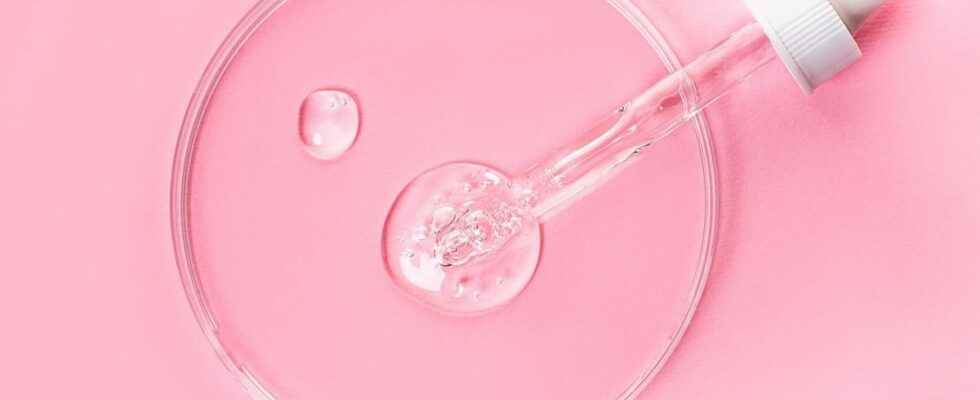Published on
Updated
Reading 2 mins.
Swedish researchers have developed a contraceptive gel for women, without hormones or side effects, and 98% effective in a preclinical trial. While the product is not yet tested on humans, it holds a lot of promise.
This is excellent news for women who are looking for an effective method of contraception, without having to undergo hormonal methods that impact, among other things, weight and libido. In a new study published in the very serious journal Science Translational Medicine, a team of Swedish researchers announces that they have designed a non-hormonal contraceptive gel that is 98% effective on the subjects tested… in this case sheep.
How is this gel contraceptive?
If it does not use any hormones, the gel designed plays on another parameter: it thickens the woman’s cervical mucus, this secretion produced by the uterus which serves as a barrier between the vagina and the cervix. uterus. This evolves during the cycle and physically prevents the passage of sperm into the cervix and the fallopian tubes of the woman where fertilization can occur.
And to achieve this effect, the scientists looked for chitosan, a natural substance found in the shells of crustaceans.
“Chitosan is delivered into the vagina via this gel and interacts with the mucus present in the cervical canal. Once interacted, the mucus [cervicale] becomes a better barrier against sperm, preventing their passage into the uterus and fertilization” confirms Thomas Crouzier, one of the authors of the study
Beyond its contraceptive power, this gel also has two major assets: without hormones, it has no side effects. It also avoids the use of spermicides which can be irritating to the vaginal wall.
A conclusive trial… on sheep
The study reveals for the time being a test carried out on sheep. Nevertheless, the results are more than encouraging: during the test on the females tested, only one had two spermatozoa in her uterus after an artificial insemination of almost a billion spermatozoa. Scientists estimate an effectiveness rate of 98% when the pill currently has an effectiveness ranging from 91 to 99%.
According to Thomas Cruzier, the gel applied with a syringe before intercourse would retain its effectiveness for a few hours. “Then the effect should dissipate due to natural mucus turnover, which should remove the barrier“.
The gel should be tested on sheep and then humans to confirm its barrier function during intercourse. A pursuit of research that excites researchers:
“This is the first evidence of a new mechanism of action for a contraceptive in over 60 years, since the advent of hormonal contraception” concludes thee Pr Schimpf, another author of the study.
